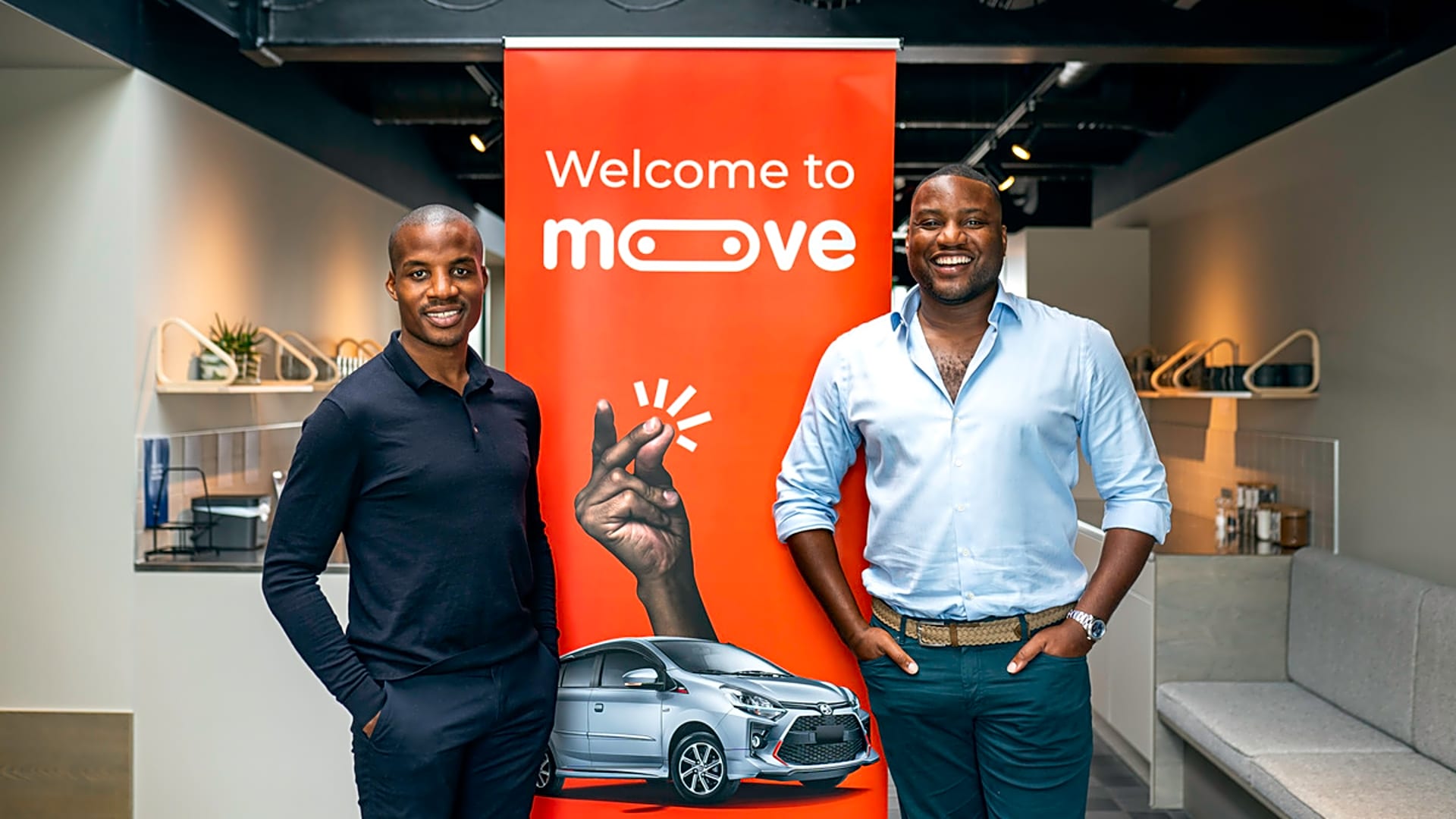According to a new analysis by Africa: The Big Deal, which tracks funding for African digital startups, the tech and investment industries in Africa are still predominantly male-dominated despite a global push for gender diversity in corporate organisations, particularly tech-based startups. Only three of the 27 firms that have raised over $100 million in funding since 2019 were run by women, according to the research, underscoring the considerable obstacles that female founders still have when trying to secure funding.
The Big Deal research shows that funding for female-led businesses differs significantly from that of their male counterparts. This is because, in 2023, investment for businesses led by men accounted for 85% of all funding, while funding for firms controlled by women only made for 2.3% of all funding. The notable disparity in funding is indicative of the systemic obstacles that African women entrepreneurs must overcome in order to compete in the startup scene and realise their full potential.
Nonetheless, the Big Deal study noted a few outliers when female CEOs were able to join this exclusive club. The research claims that since 2019, male CEOs have been in charge of every business on the continent that has raised more than $100 million in funding. Nevertheless, three ventures led by women have defied the norm and obtained substantial finance, among them Gro Intelligence, which Sara Menker co-founded and previously oversaw.
The report claims that Sara Menker, who co-founded and formerly ran Gro Intelligence, made history in January 2021 when the company raised $85 million in a Series B fundraising round, the largest ever for an African business run by a woman. But even with this noteworthy accomplishment, Gro Intelligence suffered a blow in 2023 when Menker was removed as CEO by James Cariello. This leadership transition occurred in tandem with rumours that the business is currently having financial difficulties and may soon have to collapse.
Anu Adasolum co-founded the Nigerian logistics firm Sabi, which was recognised by the Africa: The Big Deal report as one of the outstanding female-led businesses that has raised a substantial amount of capital. In May 2023, Sabi successfully raised $38 million in a Series B financing, and it is reported to be valued at well over $300 million.
Belinda Shaw, the CEO of Cape Bio Pharms, is another noteworthy example of a female-led business that the report highlights. Cape Bio Pharms is a University of Cape Town spin-off company dedicated to creating cutting-edge biopharmaceutical solutions. The company’s 2020 success in obtaining a substantial grant of more than $50 million is indicative of its potential for expansion and innovation. The report does note that the company has not received any new investment rounds since that time, which may mean that difficulties or a slowdown in the company’s advancement have arisen.
The survey also showed that, since 2019, 27 African entrepreneurs have raised over $100 million in grants, debt, or equity capital, demonstrating the increasing trend of funding for African startups in a variety of industries. With about $1 billion raised over the previous five and a half years, MTN-Halan has emerged as the most successful fundraiser out of these 27 businesses, securing its place as a leader in the African startup scene.
“The list grows to 56 enterprises if we reduce the criterion to include firms that have raised $50 million. A business had to have raised at least $32 million during this time in order to place among the top 100, according to the survey.
Although these African entrepreneurs are commended for their fundraising efforts, the Africa: The Big Deal study brought attention to the glaring gender disparity among the most well-funded businesses. The study underlined that, since 2019, all ten of the most well-funded startups have had male CEOs, underscoring the continued under-representation of women in positions of leadership within this industry. In addition, the study discovered that of the 27 businesses that have raised over $100 million, none are run by women, a stark reminder of the extreme under-representation of women in the top echelons of the African startup scene.


